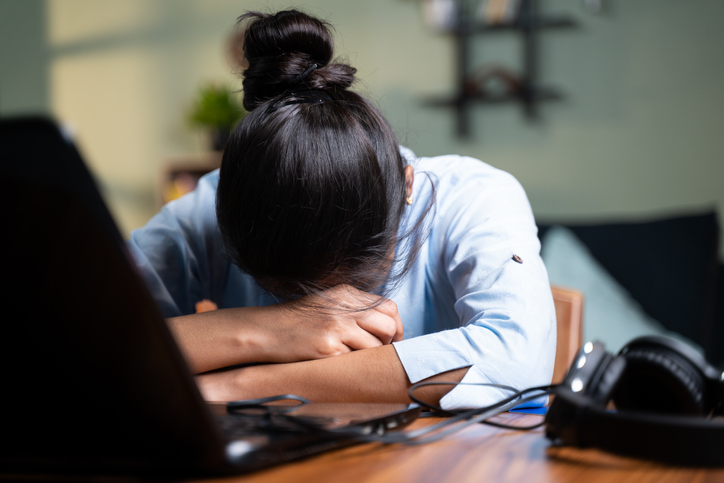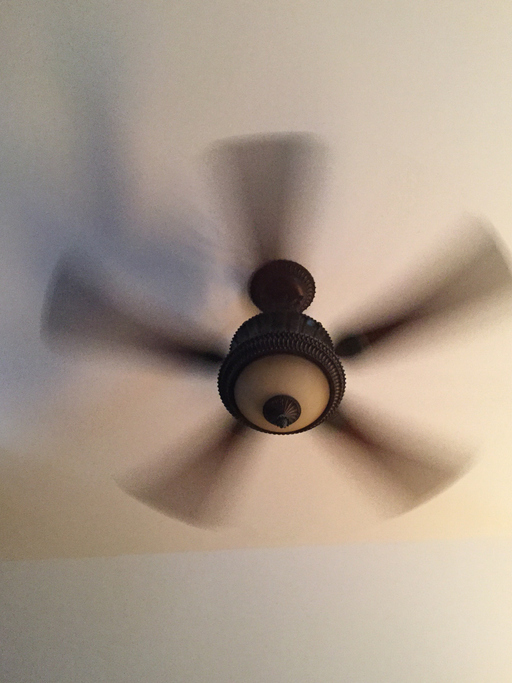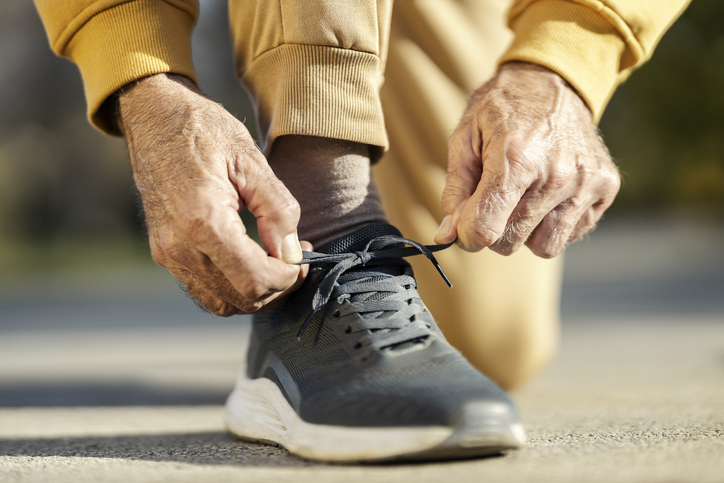When you woke up this morning, did you feel like you could go right back to bed for another night’s sleep?
There are a few reasons why you might be waking up too tired:
First, if you have a sedentary lifestyle where you sit all day and don’t exercise, your body may be too used to it, so you’re exhausted when you must do something. Try to get 2 and half hours of physical activity during the week.
If you think you can get by on 7 hours of sleep, you might simply need more – not all of us need the same amount, some of us need more than others.
Also, staying up late on the weekends and thinking you can sleep in to catch up doesn’t work either – you’re just shifting things around, and basically, you’re giving yourself jet lag.
Make sure you’re properly hydrated – not drinking enough water will make us feel tired, less alert, and more fatigued.
And finally, it could be the other person in the bed – snoring, tossing and turning, or getting into bed at a different time – that goes for pets too.
Image Credit: lakshmiprasad S / iStock / Getty Images Plus









